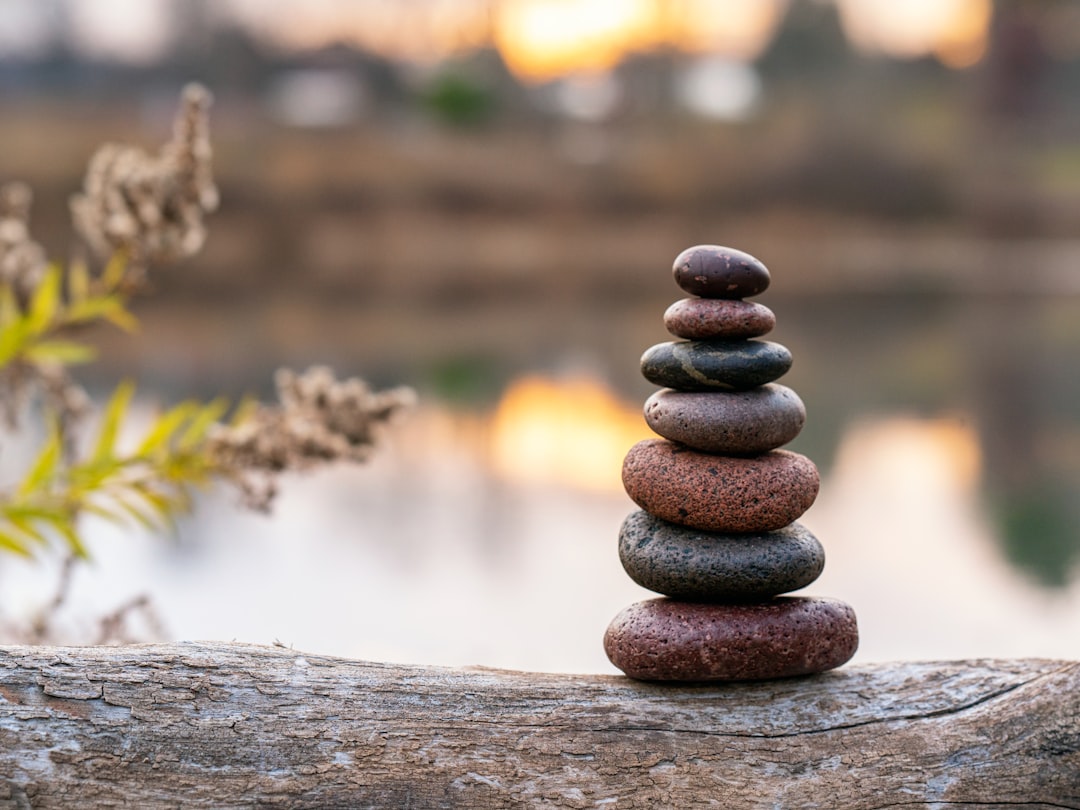To think that we can finally get it all together is unrealistic. To seek for some lasting security is futile. — Pema Chödrön, When Things Fall Apart
A few nights ago, I invited a new friend over for dinner and asked how he felt about recently getting laid off from Google. He smiled, sharing that he felt excited for the time to invest in himself and to explore the possibilities ahead.
In our conversation, we noticed two types of responses about the tech layoffs happening. There were those who, upon receiving a layoff email, panicked — immediately scrambling to try and restore security for themselves by finding a new job. And there were those who relaxed into the uncertainty — my new friend included — trusting that everything will be okay.
The responses pointed to two very different approaches toward creating feelings of security and groundedness in life — one rooted in fear and the other grounded in trust and confidence.
We all have a natural and primal instinct to chase security — to quickly move ourselves out of situations that our minds and bodies consider unsafe or dangerous. That relentless chase for security is part of the human experience, just like our chase for freedom that I’ve written about before.
What many of us don’t realize is that the subconscious instinct to avoid fear and create certainty drives many of our life decisions.
The chase for security is actually a false quest — there’s no amount of chasing that will allow us to lead a secure life completely free of fear.
True security comes from the courage to stand in chaos and uncertainty, face what’s happening, and to trust that you'll still be okay.
And unless we’re aware of our instinct to chase, we end up making choices that don't actually align with what we want.
How We Chase Security to Avoid Discomfort
On the macroscopic level of our lives, we chase things like success, money, fame, connection, belonging, certainty. We believe that if we earn enough, create enough, get known enough, connect enough, control enough — that we'll finally find a feeling of security on the other side where we can rest.
I notice this in my own work — particularly in my writing — too. In the morning, I'll sometimes notice a part in me that feels the impulse, “I need to create something to make something of my day.” The impulse leads to a subtle and internal sense of panic to seek an inspired idea I can write about.
If only I can find that inspired idea and take it over the finish line, then I’ll have done something. I’ll have accomplished something. And then I can finally relax — at least until the next time that part of me acts up again.
“What’s the feeling you're avoiding when you follow that impulse?” my coach Mina asked on our last call. What I've discovered is this pattern is caused by a subconscious avoidance of feeling worthless if I'm not creating valuable. It's a feeling that feels “unsafe” to rest in and that I would need to feel if I didn't follow the impulse.
Unfortunately, chasing security in our life is a race with a forever-receding finish line. And so I know that strategy leads to a losing battle.
On the microscopic level, we chase security in the moment whenever we’re triggered and feel unsafe. Every time my partner triggers me, the animal instinct in me will want to make the behavior that triggered me go away.
“You’re wrong! Stop doing that! It’s your fault!” that part will want to say. We make our partner wrong for what we're feeling, thinking that if only they stop doing it, then we’ll feel safe again.
But getting our partners to change (even if it works) only provides a temporary source of relief.
The same is true of any “if only... then...” pattern. When we make our feeling state conditional on an external change in our environment, we make ourselves as stable only as our false sense of control over our environment.
So if we’re not chasing security, what do we do with the feelings of panic and the impulse to avoid where we're at?
Giving Up Hope to Find True Security
The answer, counterintuitively, is to give up hope.
In her book When Things Fall Apart, Buddhist nun and author Pema Chödrön shares a beautiful and insightful chapter on the suffering created by hope and the power and joy enabled by hopelessness.
Chödrön writes:
Without giving up hope—that there’s somewhere better to be, that there’s someone better to be—we will never relax with where we are or who we are... Notice the panic, notice when you instantly grab for something. That grabbing is based on hope. Not grabbing is called hopelessness.
What Chödrön advocates for isn't living a hopeless life of despair. Rather that it’s accepting that the very human desire (and hope) to get lasting security is a false end — one that can never actually be done. We can never control enough or change enough of our external world to create the security we want.
We can only get to the peace and security that we're wanting by “relaxing with the ambiguity and uncertainty of the present moment without reaching for anything to protect ourselves.”
That courage and capacity to relax on the shifting grounds of our life is a muscle that we develop throughout our lives. And it requires getting intimate with the emotional experiences that we're avoiding.
She writes further:
Giving up hope is encouragement to stick with yourself, to make friends with yourself, to not run away from yourself, to return to the bare bones, no matter what’s going on.
The path to true security is committing to be with and feel your emotional experience — no matter what it is.
And so I'm in the practice of noticing when I'm moving from fear and grabbing for security.
When I'm feeling triggered with my partner, and my body's screaming to fight back or defend myself to make the trigger stop — I'm in the practice of learning to be with the emotional experience without reacting, instead reassuring my body that it's safe.
When I'm feeling like I need to create something for my day to feel successful — I'm in the practice of sitting with the uncomfortable sensation and just witnessing the mind's stories that I'm somehow worth less or failing if I don't.
When I'm feeling the impulse to keep myself busy or distract myself on my phone — I'm in the practice of slowing down, feeling the stillness I'm avoiding, and waiting for a genuine desire to arise.
It's all part of my commitment this year to live and create from joy. And that means embracing hopelessness and groundlessness when the feelings arise — because I'm done with living and chasing out of fear.
Thanks to Kirsten Corbett for reading early drafts of this post.



